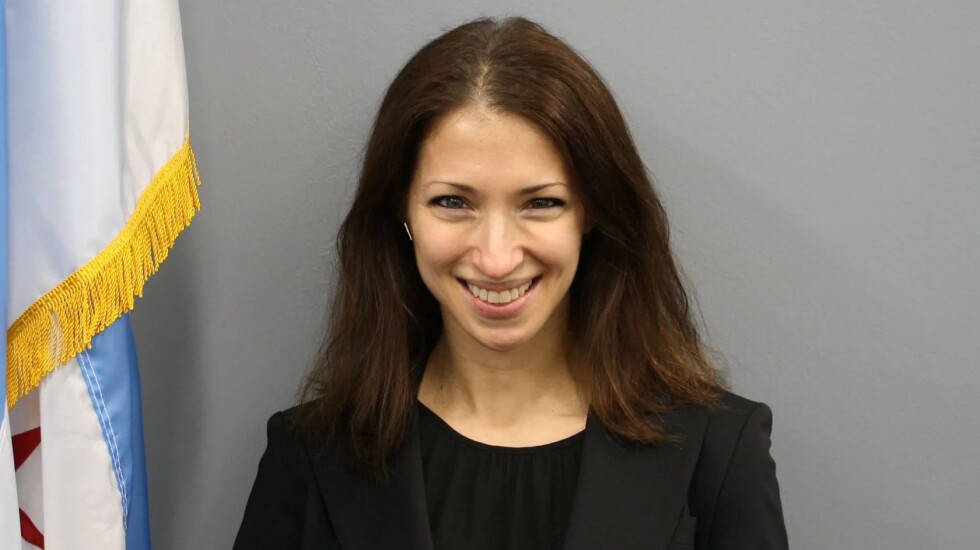
More than 1,000 federal COVID-relief loans for struggling businesses went to city of Chicago employees — including cops — and City Hall’s watchdog believes many were obtained fraudulently.
Deborah Witzburg, City Hall’s inspector general, said her office examined more than 350,000 federal COVID loans approved in the Chicago area. Of them, she found more than 1,000 loans that city employees got from the Paycheck Protection Program and Economic Injury Disaster Loan program.
“Some of those loans may have been obtained legitimately, but a substantial number of the identified loans have indicators of potential fraud,” Witzburg said in a report Friday. “We continue to investigate these matters.”
The report said disciplinary proceedings have started against a Streets and Sanitation Department laborer who appears to have engaged in PPP fraud. The employee falsified tax records and reported fake business income for a hair salon, according to Witzburg, whose investigators reviewed financial documents and interviewed the worker.
“This is the first public reporting out of a large-scale, ongoing effort,” her report said of the allegations against the Streets and San worker.
Witzburg’s pandemic fraud investigation has lasted more than a year, according to her report, which didn’t say how many cops or firefighters were among those who got the loans intended to help struggling businesses during the pandemic in 2020 and 2021.
“There are members of the police department included on the list that we are looking at,” Witzburg said.
She said her investigation will prioritize people “in positions of elevated public trust. Some of these cases we will pursue administratively and some criminally.”
PPP loans were forgivable, meaning they typically didn’t have to be repaid. People who applied for loans as “sole proprietors” often got loans for the maximum amount, about $20,000, and some got two loans.
People could also get Economic Injury Disaster emergency grants for up to $10,000 and those didn’t need to be repaid.
The programs were rife with cheating. A federal government watchdog estimated 17% of the $1.2 trillion doled out in those programs were obtained fraudulently.

Also Friday, Steven Cyranoski, Cook County’s interim inspector general, released a report saying seven county health department workers were suspected of obtaining COVID benefits fraudulently.
Six workers have resigned and Cyranoski recommended firing the other one, who got $40,000 from two PPP loans and $10,000 from the Economic Injury Disaster program, according to the report.
Last month, Will Fletcher, inspector general for the Chicago Public Schools, revealed that about 780 CPS employees got PPP loans. Crystal Cooper, head of school operations, resigned after Fletcher found she inflated her income to increase the amount of her COVID relief loan on a side business she never reported to CPS.
Cooper and 11 others have been barred from working for CPS after resigning or being fired as a result of Fletcher’s investigation. Two more CPS employees faced termination proceedings. Fletcher said he had focused on “top earners” at CPS.
Witzburg’s quarterly report contains a variety of other findings, including wrongdoing by city employees.
A police officer got a two-month suspension after threatening to kill a “former romantic partner” and the partner’s family. Four cops got suspensions of five days or less for repeatedly visiting “a woman” instead of returning to duty after transporting people who’d been arrested. The report didn’t identify any of the officers.
Witzburg found the police department and city Office of Emergency Management and Communications need to improve their documentation of how long it takes for officers to respond to 911 calls.
And she learned that not many people participate in a new, voluntary non-disciplinary mediation pilot program in which citizens and cops involved in disputes meet with a third-party mediator to address the conflicts.
“Very few cases have gone through the pilot program,” making it difficult to assess whether it’s successful, Witzburg said.







